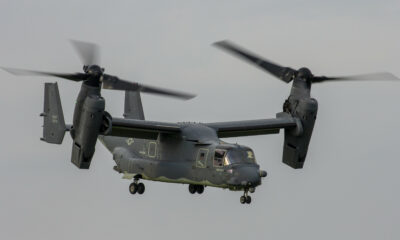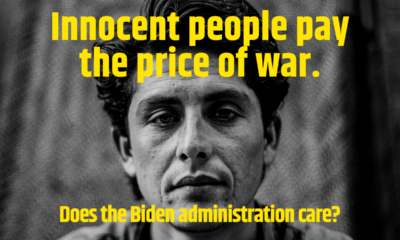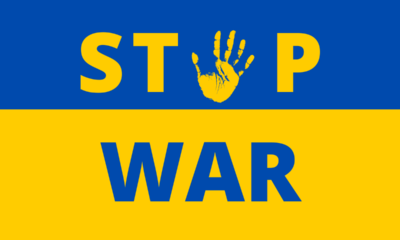Civilization
We Lost Our Best Men in “River City”
Another review of River City One, a novel of Operation Enduring Freedom in Iraq and how it felt to lose comrades in arms.
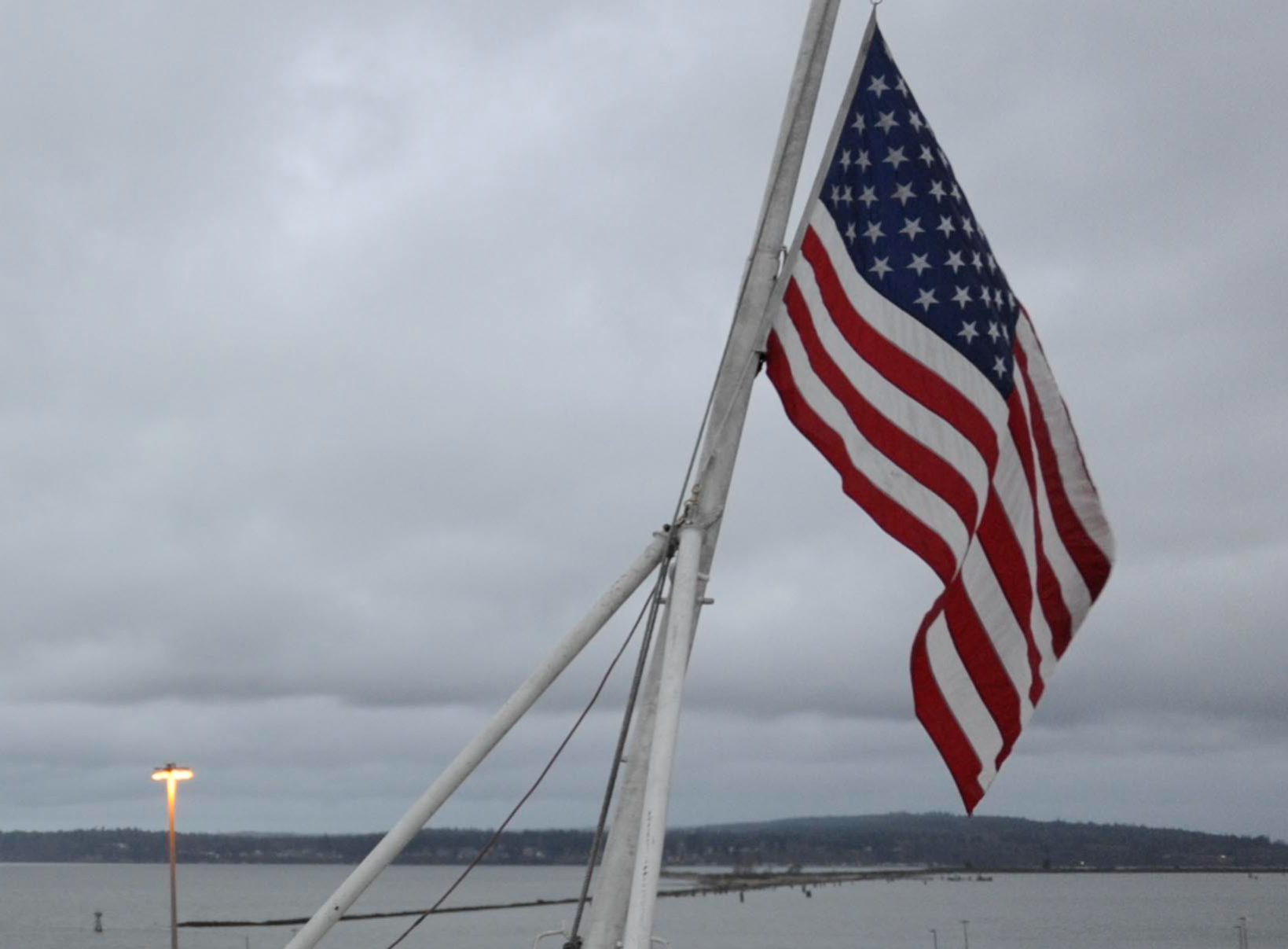
The words once sent chills down my back.
I first heard “River City” called over the radio in 2006. I was a staff sergeant serving in the U.S. Marine Corps, manning the radio at our base in a bombed-out soap factory in Fallujah’s warehouse district. Working alongside 11 other Marines on a military transition team, we gave support to a Marine infantry battalion that patrolled day and night through the area.
On one particular day, the battalion had sent out a mounted patrol that struck an incendiary IED. When the words “River City” came over the encrypted station, I knew what it meant: a Marine had been killed. All radio traffic back to the United States was cut off to give time for the deceased’s family to receive the dreadful knock at the door. Even today, to read those words is to be reminded of how it felt that day. My breath caught in my throat; my stomach turned inside out. Who was killed? How did it happen? For anyone who served in close combat in the War on Terror, the words meant a loss of focus on the task at hand. I drifted into a menacing dream.
And so, “River City” is an apt fit for the title of John Waters’ novel, River City One (Simon and Schuster, 2023). The protagonist’s demeanor and mental state are much like those of any Marine or soldier who heard these words called over the radio. Here is a character slipping away from reality.
In River City One, the protagonist, John Walker, has returned to so-called normal life after a haunting tour in Afghanistan, where he witnessed firsthand the ultimate sacrifice paid by so many of our comrades. Initially, Walker appears to be the picture of veteran success. He is an attorney at a prestigious law firm. He is a father and husband. But what looks on the surface like success and happiness is, in fact, hollow to him.
The business world is not what Walker expects, as no job is upon graduation from high school or college, and certainly not after leaving behind the purpose and mission of combat service. The story paints a stark juxtaposition between purpose in military life and purposelessness in modern corporate life. Walker is uninterested in the false heroes he encounters in civilian life, and exasperated at how easily society regales the wealthy and powerful with unearned rewards. Anyone who served in war (and those who didn’t) will find these scenes illuminating and comical.
Like many of us, Walker was driven to war by romanticized notions of service and stories of heroism in World War II. He wanted to do something exceptional for his country but overlooked the lessons of Korea and Vietnam. He also wanted to experience combat, knowing that his life would be on the line. Would he be brave? Or would he blend into the background and disappear among his peers as they fought to the death? The answers to these questions came as a surprise to many of us.
For me, combat was a crash course. Being shot at on my first joint patrol, participating in a rooftop firefight, and barely missing a mortar attack all happened in quick succession. The rooftop firefight seemed most surreal. Inexplicably, I remember having visions of the Beastie Boys video Sabotage, with the white-washed buildings reflecting the intensity of the 120-plus-degree Iraq heat bearing down. I surprised myself and welcomed the challenge to the point that someone complained to our team leader that I was “going to get myself killed.” I survived three attacks in a matter of a few days. I convinced myself that my training was great, that my skills simply were better than those trying to kill me.
Months later, I was driving a HMMWV while another staff sergeant manned the M240 in the turret and a young corporal acted as the vehicle commander. We were the last vehicle in a three-vehicle convoy and, as I was making a wide turn around a possible IED site, the ground exploded. Thankfully, the wide turn saved our lives. The IED blast, likely from a vertically positioned 122mm artillery shell, just missed the underbelly of our vehicle but was so intense that we all temporarily lost consciousness. I remember the feeling of coming back to consciousness, checking to see if everyone was okay and finding that our vehicle had lost all electronics but was still drivable. To my dismay, the lead vehicles in our convoy were at least 300 meters down the road. Why had our teammates left us behind, I wondered? Was it fear? In combat, things happen. Thankfully, we all survived.
The author packs all of this—the experience of an IED blast, the shaky memory of what happened and why—into his protagonist. In one scene early in the novel, John is reciting bedtime prayers with his son. “And for the souls in purgatory,” father and son say together. For those coming home from war and others who dodge curveballs in life, we may find ourselves veering in unexpected directions, as the expectation of perfection in a moral sense becomes tarnished. How do you carry on and live heroically knowing you made decisions that cannot be taken back? How do you pick yourself up when it feels like you’re falling behind?
The heroism and romanticism of war never seem to happen the way we were led to believe, just as our lives never seem to chart the path of our best intentions. We all want to achieve heroism and leave a legacy for those who follow. But life has other plans. For those who serve in combat, the morality and mortality of life can be lost in the fog.
River City One should appeal to any thoughtful reader, whether seasoned combat veteran or one who simply wants to understand how life feels after the signature experience of war. Waters’ style is reminiscent of Hemingway. His writing draws you in as though you were a witness to Walker’s life, but manages not to judge the protagonist as he struggles through choices representative of those faced by many returning veterans. Coming home to what we hoped would be a normal life can be more challenging than combat itself.
This article was originally published by RealClearDefense and made available via RealClearWire.
David P. Craig is the editor of Real Clear Defense. David served three tours in Iraq and a year in Afghanistan for the United States Marine Corps.
-

 Constitution4 days ago
Constitution4 days agoPrecinct Strategy scores again
-

 Civilization3 days ago
Civilization3 days agoLegacy media already assume Trump wins
-

 Civilization4 days ago
Civilization4 days agoSCOTUS Is Last Bulwark Against Critical Legal Studies
-
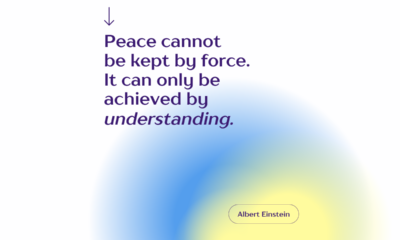
 Civilization1 day ago
Civilization1 day agoAntisemitism – and misguided legislation
-

 Civilization4 days ago
Civilization4 days agoEnergy Pipeline Companies Should Follow the Rules of the Road
-

 News5 days ago
News5 days agoTime to Fly – Really Fast
-

 Education5 days ago
Education5 days agoThe Road Back to Normalcy Starts Where the Problem Began: College Campuses
-
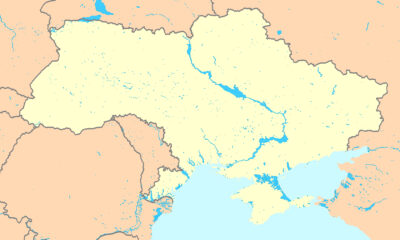
 Civilization4 days ago
Civilization4 days agoWhat 10 Years of U.S. Meddling in Ukraine Have Wrought (Spoiler Alert: Not Democracy)


